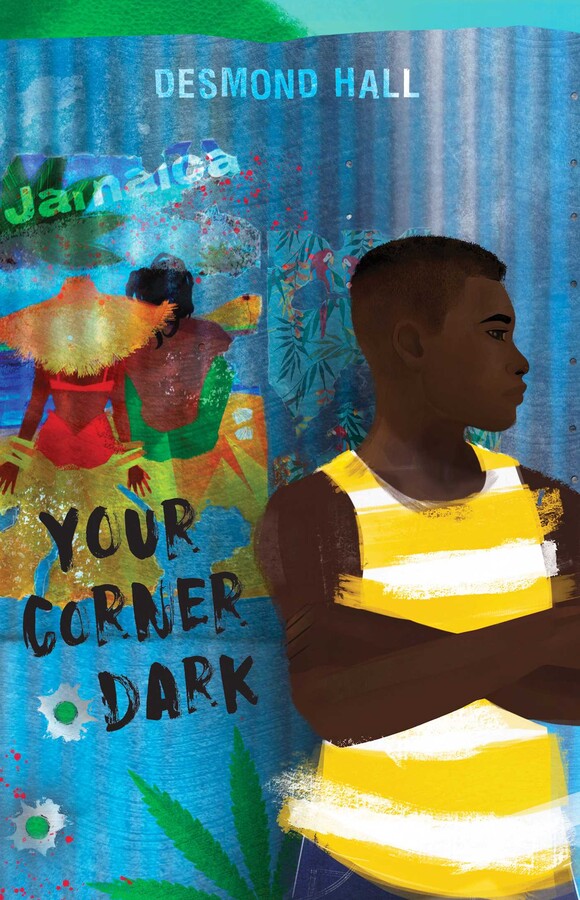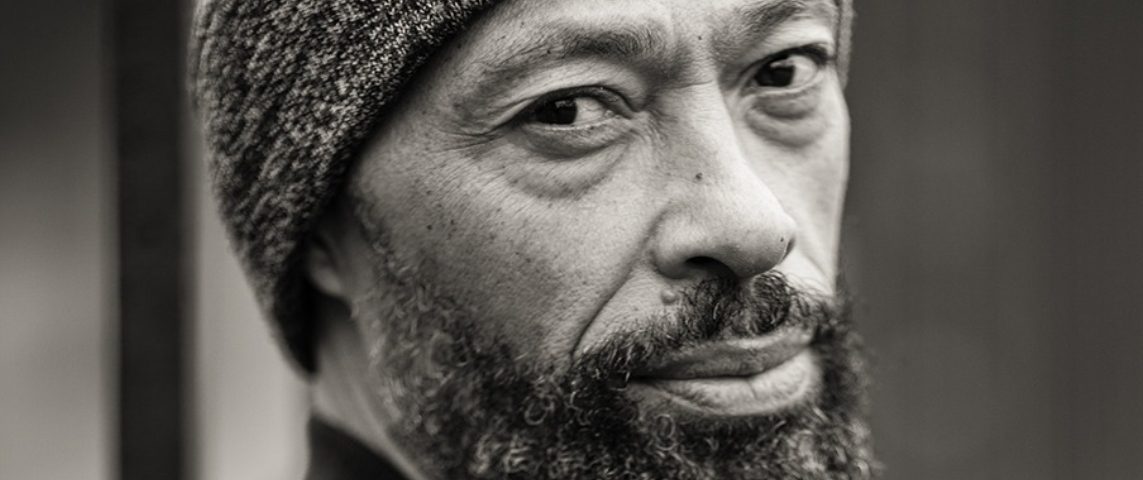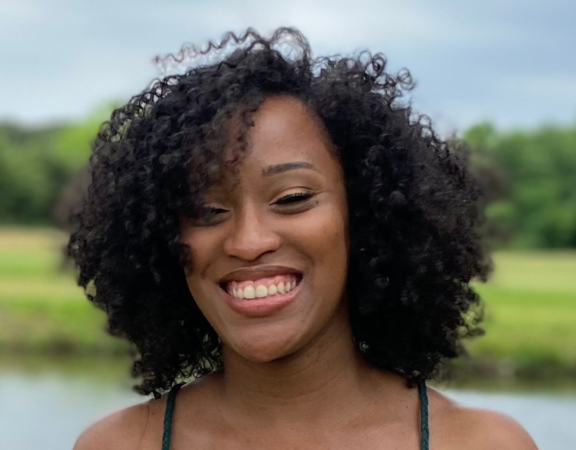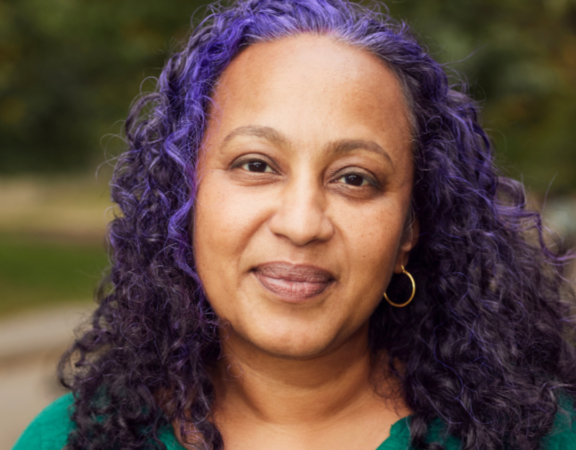Debut You is an interview feature on Our Stories Matter blog. Debut authors, who have released or have upcoming releases in 2021, are given five questions to answer about themselves and their book. Currently, the questions are the same for all authors. We hope you enjoy getting to know these new authors and can offer them your support.
Describe yourself in five words, then expound on one of them.
Concerned, curious, considerate, disciplined, and relentless.
Relentless: So much of my writing process is about “hip discipline.” What I mean is I’ve trained myself to keep my buttocks in the chair and write. I don’t wait for the moment, the muse, or just the right light. I sit down and write almost every day. Some days, I don’t put much on the page, but what I’m thinking about in terms of the story and characters is as important as the written output.
Explain your writing procedure, such as how you come up with ideas, carve out time to write (or, if you can write anywhere at any time during the day), deal with writer’s block, or anything particular or peculiar.
I believe the story structure and character are the same. I’ve studied story structure with Robert McKee, late film director Mike Nichols, Lodge Kerrigan, Michelle Hoover, and I constantly re-read my beloved copy of Save the Cat. By focusing on putting my characters in increasingly difficult situations, they are forced to make choices. Choices show us who people are (in other words, talk by the character or narrator is cheap.) When the characters make decisions, we see exactly who they are, and that truth resonates when it’s put on the page.
Balance is the key to successful living. How do you balance the act of writing with other priorities, such as your job, family or fun activities, and self-care?
My wife is always telling me to leave my desk and go out into the world to get inspiration. Like most husbands, I’m not the best at listening to good advice, but, of course, when I do go out to get inspiration, it certainly does help my work. This is interesting because going out for inspiration is really doing less targeted research — and researching your story is key. Now, of course, I’ve gone on and on about work; so, I guess you can see that I’m not doing so good on the work/life balance thing.
Understanding your audience is essential. What do you know for sure about the audience you are writing for?
To be honest, focusing on my audience isn’t really part of my process. I just write the type of books I’d like to read.

Tell us about your book.
My protagonist, Frankie Green, a Jamaican teen who gets a full-ride scholarship to study in the U.S., faces a sudden tragedy that threatens everything he’s dreamed of and his very life. A stray bullet strikes Frankie’s father, and Frankie is forced to join his uncle’s posse to get quick money to pay for his father’s medical treatment.
The title, Your Corner Dark, is taken from a phrase in Jamaican culture that refers to being stuck between a rock and a hard place with no good choices. And my story is a fast-paced, riveting page-turner that’s exactly about choices, impossible odds, and perseverance — and you’ll read it with a knot in your throat and hope in your heart.
Even the secondary characters have compelling story arcs:
– Leah, Frankie’s girlfriend, is an upper-middle-class art student. She struggles with her and Frankie’s societal differences, creativity, and depression.
– Jenny, Frankie’s aunt, works in her brother’s posse as an enforcer and negotiator. She battles to rise in the hyper-masculine world of the drug trade.
– Samson and Joe, Frankie’s father and uncle, are locked in a Cain and Abel style battle — with Frankie’s soul as the main prize.
Your Corner Dark does a deep dive into several important social issues like police brutality. There is a long-standing issue with police violence in Jamaica, and extrajudicial killings carried out by the Jamaican defense forces. The novel also deals with the issue of COLORISM — the lasting impact of colonialism has created a desire for having lighter skin color — to the point where many Jamaicans use bleaching products to make their skin lighter.
Additionally, the novel deals with young male masculinity. Frankie is confronted by his father for crying, claiming that the act of shedding tears is unmanly — even though this occurs at his mother’s funeral. Also, Frankie’s uncle Joe pushes him to be tough, unforgiving, and even ruthless. Frankie must choose what kind of young man he will become. I think this will be instructive for young people; at least that is my hope.
The novel also deals with politics in Jamaica. Frankie undergoes a political awakening. The novel is set in a fictional election year that becomes combustible — Jamaica has a political history where the two-party system, the equivalent of Democrats and Republicans, use gangs to influence the vote. This has been tamped down, but it still exists in a subtler, but potentially deadly way.
And lastly, Your Corner Dark touches on teenage depression. Leah, Frankie’s girlfriend, struggles to be open about her condition when Jamaican society urges those with depression to deal with it silently.
Desmond Hall was born in Jamaica, West Indies, and moved to Jamaica, Queens. He has worked as a high school biology and English teacher in East New York, Brooklyn; counseled teenage ex-cons after their release from Rikers Island; and served as Spike Lee’s creative director at Spike DDB. Desmond has served on the board of the Partnership for Drug-Free Kids and the Advertising Council and judged the One Show, the American Advertising Awards, and the NYC Downtown Short Film Festival. He’s also been named one of Variety magazine’s Top 50 Creatives to Watch. Desmond lives outside of Boston with his wife and two daughters.
Your Corner Dark (Atheneum/Caitlyn Dlouhy Books, January 19, 2021, YA, 384 Pages) Available Now
Connect with Desmond Hall:






